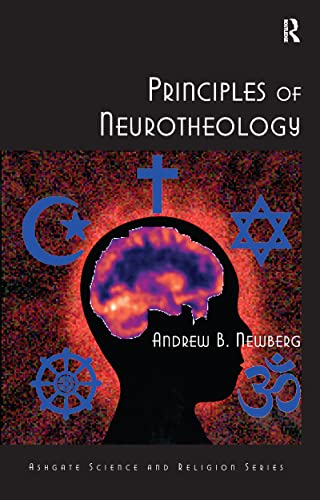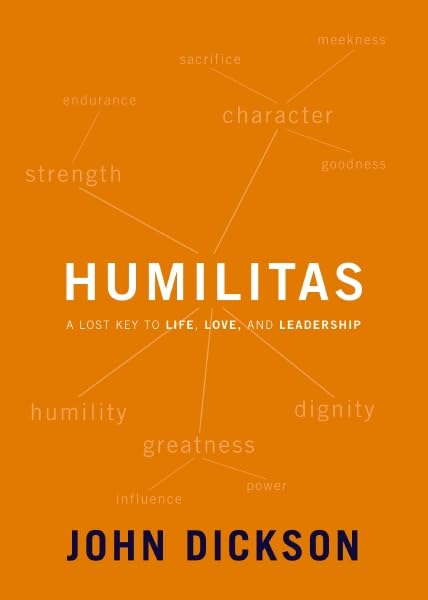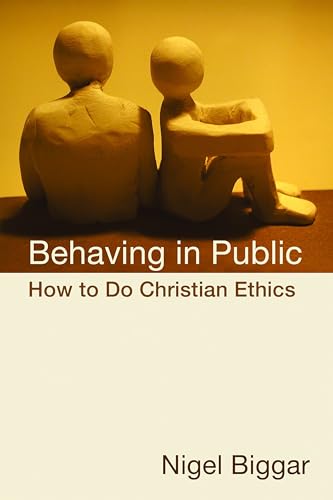Discourse Grammar of the Greek New Testament: A Practical Introduction for Teaching and Exegesis
Written by Steven E. Runge Reviewed By Andrew David NaselliMy favorite aspect of NT Greek is tracing an author's argument—usually in the epistles—by using propositional displays. A propositional display formats a text line-by-line and subordinates words (usually clauses and phrases) by indenting them below or above what they are subordinate to; then it labels every line to show its relationship to other lines. Authors who explain this include Gordon D. Fee (New Testament Exegesis: A Handbook for Students and Pastors [3rd ed.; Louisville: Westminster John Knox, 2002], 41-58) and Thomas R. Schreiner (Interpreting the Pauline Epistles [2nd ed.; Grand Rapids: Baker, 2011], 97-124). BibleArc.com is devoted to it, and both Baker and Zondervan have exegetical commentary series that basically trace the argument this way (BECNT and ZECNT).
So I was pleased to see Steve Runge's Discourse Grammar, which attempts not to displace traditional NT Greek grammars but to accessibly bridge the gap between such grammars and linguistics. While grammar studies a language's system and structure by focusing on morphology and syntax, discourse grammar focuses on linguistic structures. In other words, discourse grammar is more concerned about the forest than the trees: while grammar analyzes words and sentences, discourse grammar analyzes linguistic units longer than a sentence.
Runge is Scholar-in-Residence for Logos Bible Software in Bellingham, Washington, and a Research Associate for the Department of Ancient Studies at the Stellenbosch University in South Africa, where he earned his doctorate in biblical languages. One major advantage of his book is that before he wrote it he spent three years analyzing and labeling the entire Greek NT to produce The Lexham Discourse Greek New Testament (2007), which uses the categories in his Discourse Grammar. He has also applied his method to a commentary on Philippians (2011) and is currently finishing one on Romans.
The subtitle of Discourse Grammar claims to be “practical.” It is. It includes 290 examples, the vast majority of them from the Greek NT with an English translation on the side. It is far more accessible than, say, Stanley Porter's writings on linguistics because it includes less lingo and focuses on the cash-value of discourse grammar for NT exegesis. Someone with little to no background in linguistics but with some training in NT Greek (e.g., a second-year NT Greek student) could read this book with profit.
Runge admittedly paints with a broad brush (p. xx). Each of his eighteen chapters could expand into dissertations that refine his introductory survey. His approach is cross-linguistic (not focusing only on Greek but language in general) and function-based (describing what discourse features accomplish). One of his core principles is that choice implies meaning:
If I choose to do X when Y and Z are also available options, this means that I have at the same time chosen not to do Y or Z. Most of these decisions are made without conscious thought. As speakers of the language, we just do what fits best in the context based on what we want to communicate. Although we may not think consciously about these decisions, we are making them nonetheless.
The same principle holds true for the writers of the NT. If a writer chose to use a participle to describe an action, he has at the same time chosen not to use an indicative or other finite verb form. This implies that there is some meaning associated with this decision. (p. 6)
Yes, but . . . I'm not convinced that there is always “some meaning associated” with such decisions. Some people simply may have grown up hearing a particular expression used repeatedly such that it is the most natural way of expressing something, even though other speakers of that same language may do it differently. And neither speaker may mean anything different by it. Further, just as an author may use synonyms interchangeably (e.g., αÌ�γαπαÌ�ω and φιλεÌ�ω in John 21:15-17), they may express something in more than one way solely for stylistic variety without intending any difference in meaning.
Runge is confident about how word order works in the Greek NT and makes some astute observations about markedness (following his mentor Stephen Levinsohn). I'm not convinced that we can be so sure about semantically significant author-intended “emphasis” based on Greek word order.
On the one hand, “progressively sophisticated levels of exegetical analysis may rapidly illustrate the law of diminishing returns!” (D. A. Carson, “The Role of Exegesis in Systematic Theology,” in Doing Theology in Today's World: Essays in Honor of Kenneth S. Kantzer [Grand Rapids: Zondervan, 1991], 47). On the other hand, Runge's Discourse Grammar is not like many other works on linguistics and discourse studies that overpromise and under-deliver (cf. p. xvii). I agree with what Daniel Wallace writes in the book's foreword:
Runge has made discourse analysis accessible, systematic, comprehensive, and meaningful to students of the New Testament. His presentation is clear, straightforward, and well researched. . . . It almost goes without saying that not all grammarians or linguists will agree with every one of Runge's points. Yet even on those issues over which one might disagree, there is much food for thought here. I have learned a great deal from this volume and will continue to do so for many years. (p. xvi)
Andrew David Naselli
Andy Naselli is assistant professor of New Testament and Biblical Theology at Bethlehem College and Seminary in Minneapolis and administrator of Themelios.
Other Articles in this Issue
Evaluating a new English translation of the Bible can be extremely difficult...
In the November 2009 edition of Themelios, Dane C...
Jonathan Edwards (1703-1758) is remembered today as a saint, scholar, preacher, pastor, metaphysician, revival leader, theologian, Calvinist—the list goes on...
Almost two decades ago I wrote an essay titled " When Is Spirituality Spiritual? Reflections on Some Problems of Definition ...
He was the youngest son of elderly parents. His childhood was secluded and unhappy, which might in some measure account for his lifelong melancholy...







